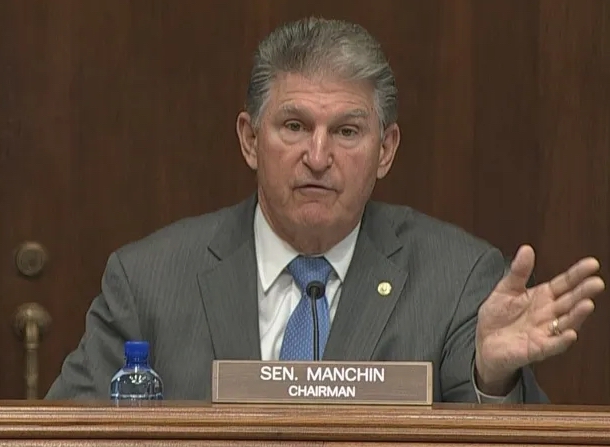Ramesh Ponnuru recently spoke about the merits of originalism.
It turns out that it is not beyond human wit to apply that understanding to novel situations that arise even after original authorizers have died. Applying it is not immoral or impractical on the ground that it requires the living to be governed by the “dead hand of the past.” And not only do we have access to the original understanding, if we are charged with continuing the project, we have a moral obligation to follow the original understanding.
Originalism, in short, is breaking out all over. As the justices of the Supreme Court across the ideological spectrum have repeatedly demonstrated, it is the method of interpretation to which we naturally default when we are prepared to accept the results. …
… Indulge me for a moment as I quote a recent column I wrote In The Washington Post:
Progressives have not just failed to popularize an alternative to judicial conservatism, they have barely even come up with one. No justice in history had a following as large as Ruth Bader Ginsburg, but she left behind no school of thought in the way Justice Antonin Scalia did. Former Justice Stephen Breyer continues to write in favor of a theory of judicial pragmatism in contrast to Scalia’s originalism. None of the Democratic appointees still on the Court has adopted it when they dissent from conservative decisions. The liberal justices are more likely to accuse the majority of inconsistently applying originalism than they are to dispute it. …
… That column drew a response in the New Republic. The liberal author argued that his fellow liberals should adopt a progressive version of originalism, one that finds grounds in the original understanding of the Constitution for progressive legal victories. To this proposal, several luminaries of the legal left responded independently with the exact same words on X.com: “Hard pass.”
The first thing to note about this response is it illustrates my point. There is in our day no consolidated alternative to originalism.


